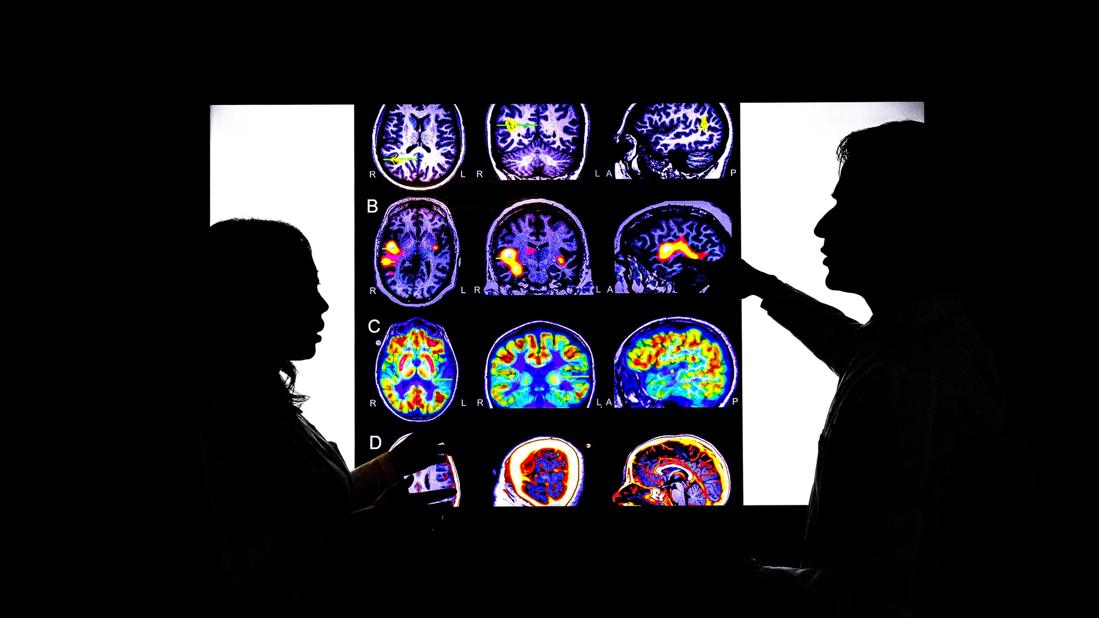Cleveland Clinic IND application is first approved in Parkinson’s and Alzheimer’s

Cleveland Clinic Lou Ruvo Center for Brain Health has received FDA approval of its Investigational New Drug (IND) application to test the GE-180 ligand tracer in the brains of individuals with Parkinson’s disease and Alzheimer’s disease.
Advertisement
Cleveland Clinic is a non-profit academic medical center. Advertising on our site helps support our mission. We do not endorse non-Cleveland Clinic products or services. Policy
The novel tracer will be used in a PET imaging investigation to assess neuroinflammation in the brains of 70 study participants with normal cognitive function or either Parkinson’s or Alzheimer’s disease, with the aim of elucidating links between inflammation and neurodegeneration. The IND makes the Lou Ruvo Center for Brain Health the first trial site testing GE-180 in these patient populations.
While researchers increasingly report findings suggestive of an important role for neuroinflammation in the pathology of neurodegenerative conditions, more research is warranted, particularly in the living brain. Ligand tracers such as GE-180 are used to help better depict protein interactions in living cells.
“We know there is some connection between inflammation and neurodegenerative disease, but we have yet to confirm what it is,” explains principal investigator Aaron Ritter, MD, Director of the Clinical Trials Program at the Lou Ruvo Center for Brain Health, who holds the IND for the GE-180 study. “Until now, it has been hard to quantify in a living brain. The GE-180 tracer is an exciting opportunity to contribute to the science of brain disease in ways that have not previously been studied.”
He adds: “If we can confirm that inflammation plays a role in dementia, this could lead to new treatments that specifically target cognitive decline.”
The two-year imaging investigation is an observational substudy of the Lou Ruvo Center for Brain Health’s Center of Biomedical Research of Excellence (COBRE) grant, which aims to understand the similarities between Parkinson’s and Alzheimer’s diseases. The COBRE grant is funded by Institutional Development Award (IDeA) P20GM109025 from the National Institutes of Health.
Advertisement
Image credit: U.S. National Institute on Aging
Advertisement
Advertisement

Researchers explore the mental and physical benefits of social prescribing

Multidisciplinary approach helps address clinical and psychosocial challenges in geriatric care

Effective screening, advanced treatments can help preserve quality of life

Study suggests inconsistencies in the emergency department evaluation of geriatric patients

Auditory hallucinations lead to unusual diagnosis

How providers can help prevent and address this under-reported form of abuse

How providers can help older adults protect their assets and personal agency

Recognizing the subtle but destructive signs of psychological abuse in geriatric patients